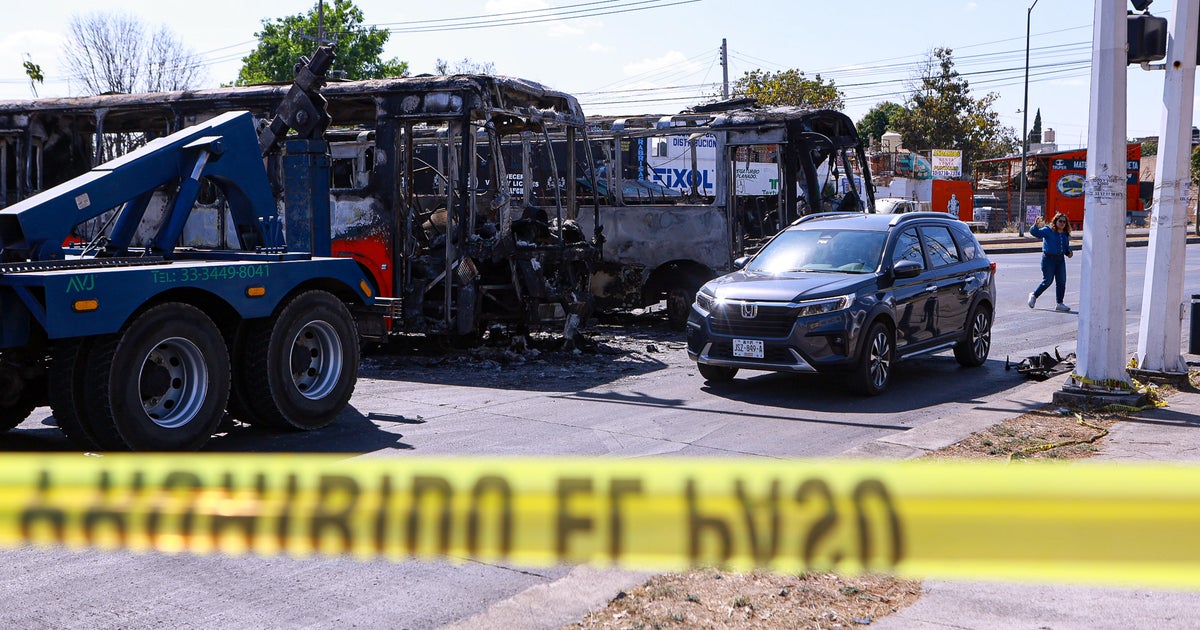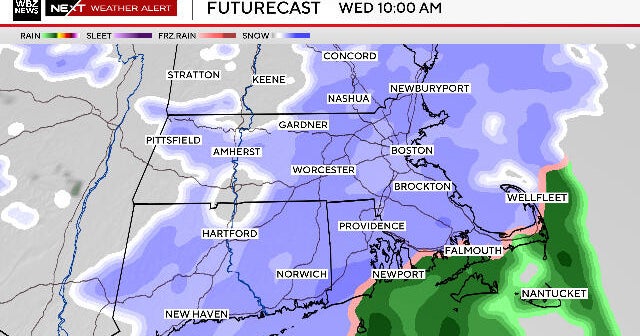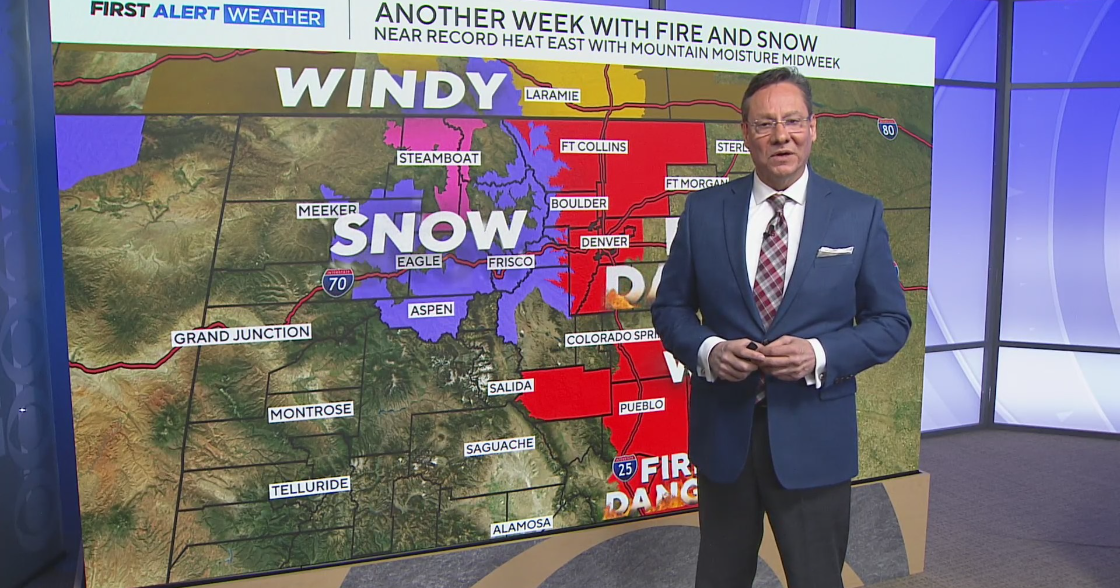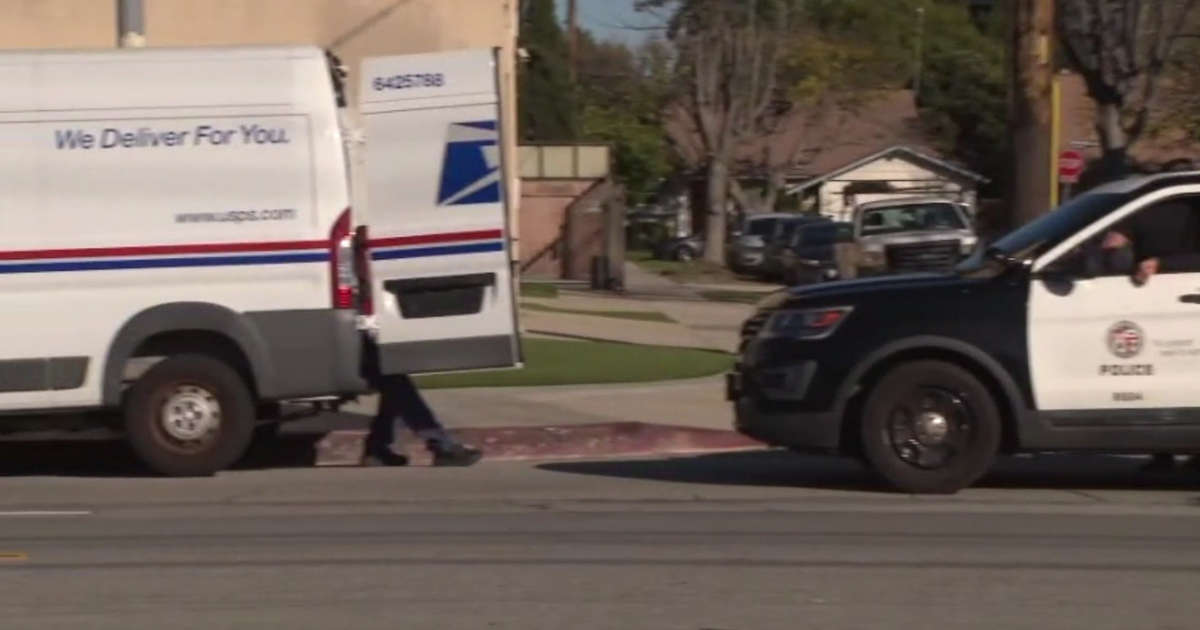Reporter Hank Plante reflects on groundbreaking AIDS coverage; 'It was a gift'
SAN FRANCISCO -- For 25 years, former anchor and reporter Hank Plante covered some of the biggest stories in the Bay Area. But none as profound or consequential as the AIDS crisis.
KPIX 5 asked Plante to describe the experience and living through and covering the early days of the HIV pandemic, and his answer surprised me.
"It was a gift. It was a gift," replied the seasoned journalist.
To understand the situation, it's worth taking a look back at some of the earliest celebrations of what's now called Pride. In the late 70s and early 80s, the Gay Freedom Movement was gaining momentum, especially in San Francisco's Castro District.
Early KPIX 5 archival film from June 26, 1978, shows streets jammed with young people, beaming in the bright sunlight at U.N. Plaza, as the Gay Freedom Day Parade was set to begin.
"People here are celebrating they're celebrating their liberation their freedom to come out of the closet and to be gay people - unafraid," noted then San Francisco Supervisor Carol Ruth Silver.
Plante was already out. He began his journalism career at the Washington Post. He then moved his talents to TV news, and in the mid-80s, ended up at KPIX.
"I think I was the first openly gay TV reporter in the country. I was certainly one of the first," said Plante. "So, when AIDS came along, there I was in San Francisco which was "Ground Zero" for the AIDS epidemic."
In the early years of AIDS, there was no cure or effective treatment. But there was plenty of fear, stigma, and suffering.
"This was very personal for me," said Plante. "It was much more than a new story. These were my friends who were dying and not getting any help."
When the epidemic began, Ronald Reagan was president. His administration failed to aggressively address the public health threat.
"At one point, Mayor Dianne Feinstein's AIDS budget for the city of San Francisco was bigger than President Reagan's AIDS budget for the entire United States," he recalled.
In 1983, KPIX made a monumental decision to extensively cover the AIDS crisis. The goal was to educate viewers, stem the spread of the disease, and lessen the fear, It also put a human face on the unfolding tragedy.
Four years after the crisis became apparent, President Reagan finally acknowledged the epidemic in public. KPIX sent Hank to Washington DC to cover the President's press conference.
"I was standing in front of President Reagan the day he said the word 'AIDS' for the first time publicly in that speech and I made a note in my reporter's notebook that at that precise moment 23,000 Americans had already died from AIDS," recounted Plante.
Over the years, Plante won numerous awards for his AIDS reporting, including a Peabody and several Emmy awards. As to why covering AIDS was such a gift to Hank?
"I learned that it has nothing to do with these glittering professional accolades. It's the work that I'm proudest of in my career," said Plante. "I actually think we saved people's lives."






